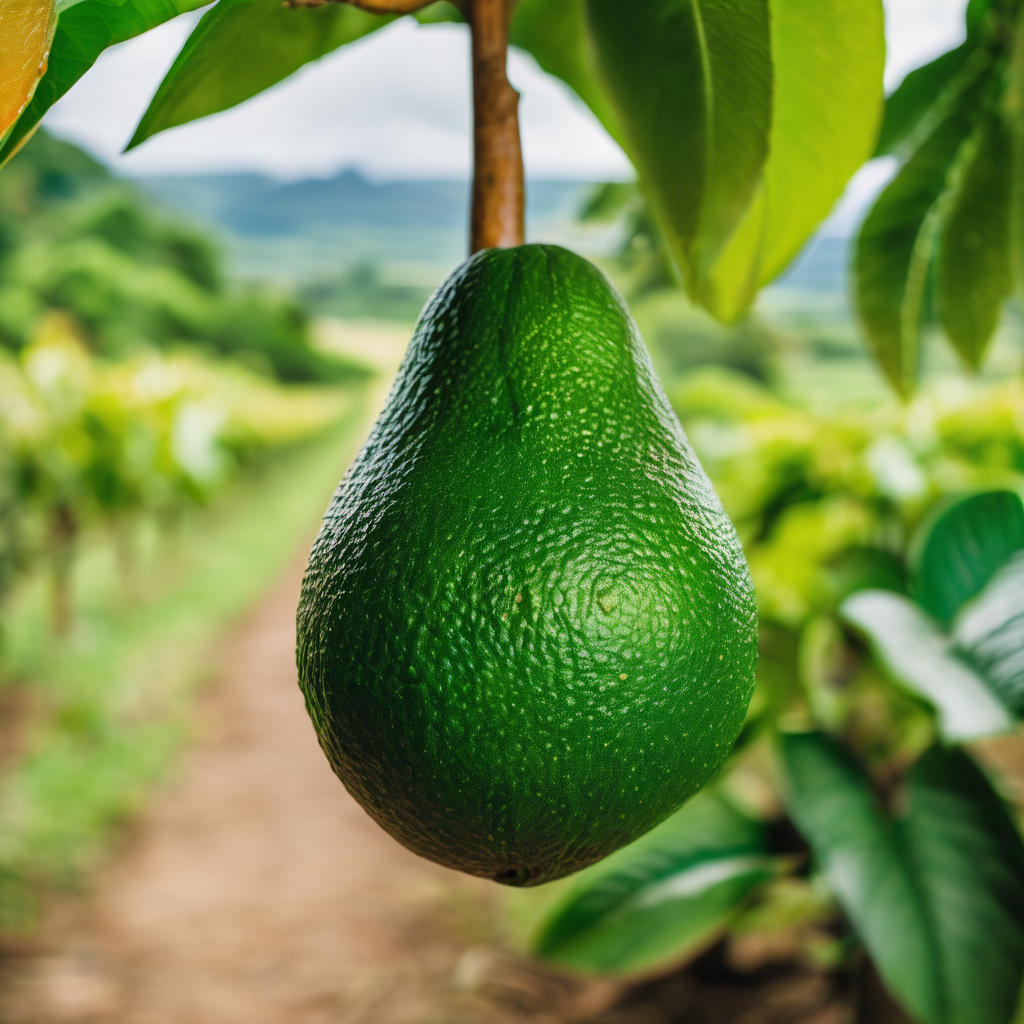In recent developments regarding McBee Farms, established in Gallatin, it has been reported that the farming operation experienced significant growth from 2016 to 2020, rapidly expanding to approximately 40,000 acres across Missouri, Iowa, and Arkansas. This expansion was remarkable given that the average size of a working Missouri farm is only about 300 acres. However, this aggressive growth ultimately proved unsustainable, leading to challenges that McBee struggled to manage.
A memo from McBee’s attorneys highlighted that while their client was physically capable of handling the demands of farming, he faced numerous obstacles such as unpredictable weather, fluctuating operating costs, and inconsistent manpower, making effective management increasingly difficult. The severe drought in 2018, which adversely affected many Missouri farmers, compounded these issues for McBee. The memo indicated that the drought hindered his ability to manage accurate records of crop yields and insurance claims associated with his operations.
The circumstances surrounding this drought resulted in underwhelming crop production, yet the improper reporting of crop yields created discrepancies in insurance claims. The memo clarifies that McBee provided more corn and soybeans to Indigo from sources outside his own farms, indicating an inconsistency in claims filed which could not be verified accurately due to the operational challenges faced.
In addition to his farming endeavors, McBee has been involved in developing new business ventures, including the construction of “McBee Coffee N Car Wash” facilities. His sons are actively working on reversing the unsuccessful expansion strategy by exiting leases and selling off significant land, aimed at reducing the financial liabilities associated with their real estate.
Furthermore, the government is seeking a prison sentence for McBee, referencing his 2019 conviction for consuming alcohol while driving. Prosecutors argue that such behavior is dangerous and should be considered in determining sentencing. McBee admitted to engaging in fraudulent activities from 2018 to 2020 that resulted in economic losses for the USDA, amounting to approximately $4 million, with a restitution requirement of around $3.2 million.
Prosecutors have not observed any efforts from McBee to pay restitution ahead of sentencing and argue that the severity of his actions not only resulted in personal gain but misled and undermined a system designed to support farmers facing genuine hardships. They emphasize the importance of integrity within federal crop insurance programs, which are crucial for sustaining the livelihoods of honest farmers.
In light of these developments, the case highlights the complexities faced in the farming industry, particularly the importance of responsible growth and management in an inherently unpredictable environment. McBee’s situation serves as a cautionary tale for those in agricultural pursuits and the consequences of deviating from ethical practices that ensure the fair support of farming communities.
